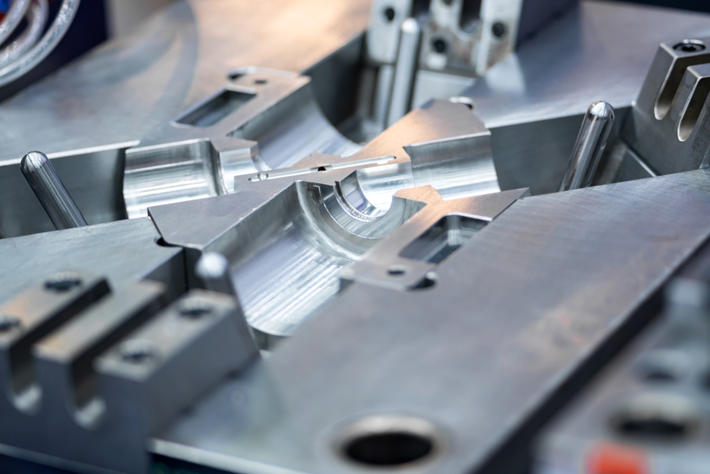Introduction:
Precision engineering plays a crucial role in various industries. One of the most advanced techniques used in precision engineering is Computer Numerical Control (CNC) machining. CNC machining offers unparalleled accuracy, efficiency, and reliability, making it an indispensable tool for achieving excellence in engineering. This article explores the significance and benefits of CNC machining and how it has revolutionized the manufacturing industry.
What is CNC Machining?
CNC machining is a manufacturing process that utilizes computerized controls to operate and manipulate machine tools. By employing pre-programmed software, CNC machines can produce complex parts and components with high precision and accuracy. The process involves the use of cutting tools, such as drills, lathes, and mills, which are controlled by a computer. This automation allows for consistent and repeatable results, minimizing human errors and maximizing productivity.
The Significance of CNC Machining:
1. Precision and Accuracy:
One of the primary advantages of CNC machining is its ability to produce intricate and precise parts with exceptional accuracy. The computer-controlled machines can achieve tolerances as low as 0.001mm, ensuring that each component meets strict engineering specifications. This level of precision is critical in industries such as aerospace, medical, and automotive, where even the slightest deviation can have dire consequences.
2. Efficiency and Productivity:
CNC machining enables the production of complex parts at a much faster rate than traditional manual methods. The machines can work continuously, 24/7, eliminating the need for manual intervention and reducing production time significantly. Moreover, the CNC machines can perform multiple tasks simultaneously, further enhancing productivity and efficiency.
3. Versatility:
CNC machines are incredibly versatile and can handle various materials, including metals, plastics, and composites. They can perform a wide range of operations, such as drilling, milling, turning, and grinding, all with high precision and consistency. This versatility allows manufacturers to produce diverse components without the need for multiple machines, streamlining the production process.
4. Cost-Effectiveness:
Though the initial investment for CNC machines may be high, they offer long-term cost savings. The automation and precision of CNC machining eliminate the need for manual labor, reducing labor costs and minimizing the risk of errors. Additionally, CNC machines optimize material usage, resulting in minimal waste and lower material costs. The overall efficiency and productivity of CNC machining contribute to significant cost reductions in the long run.

5. Quality Control:
CNC machining provides excellent quality control throughout the manufacturing process. The computerized controls ensure that each part produced adheres to the specified tolerances and dimensions, minimizing variations and defects. Furthermore, CNC machines can perform real-time quality checks, automatically correcting any deviations, and ensuring consistent quality in every component.
Conclusion:
Precision CNC machining has revolutionized the engineering industry, enabling manufacturers to achieve excellence in their operations. With its unparalleled precision, efficiency, versatility, cost-effectiveness, and quality control, CNC machining has become an essential tool for various sectors, including aerospace, automotive, medical, and electronics. As technology continues to advance, CNC machining is expected to further evolve, offering even more sophisticated solutions for precision engineering. Embracing this cutting-edge technology is crucial for businesses seeking to stay ahead in today’s competitive world.
-

- OEM die-casted parts& components
-

- CNC machined parts Steering bracket
-

- Magnesium alloy die-casting auto parts center control cover
-

- Mangensium alloy die-casting Thixomolding metal parts
-

- Custom-made die casting parts&comopnents for bicycle suspension fork for MTB
-

- Custom-made metal parts macbook middle board produced

 0086-750-5616188
0086-750-5616188 +86 13392089688
+86 13392089688 sales@zhongmei-tech.com
sales@zhongmei-tech.com







